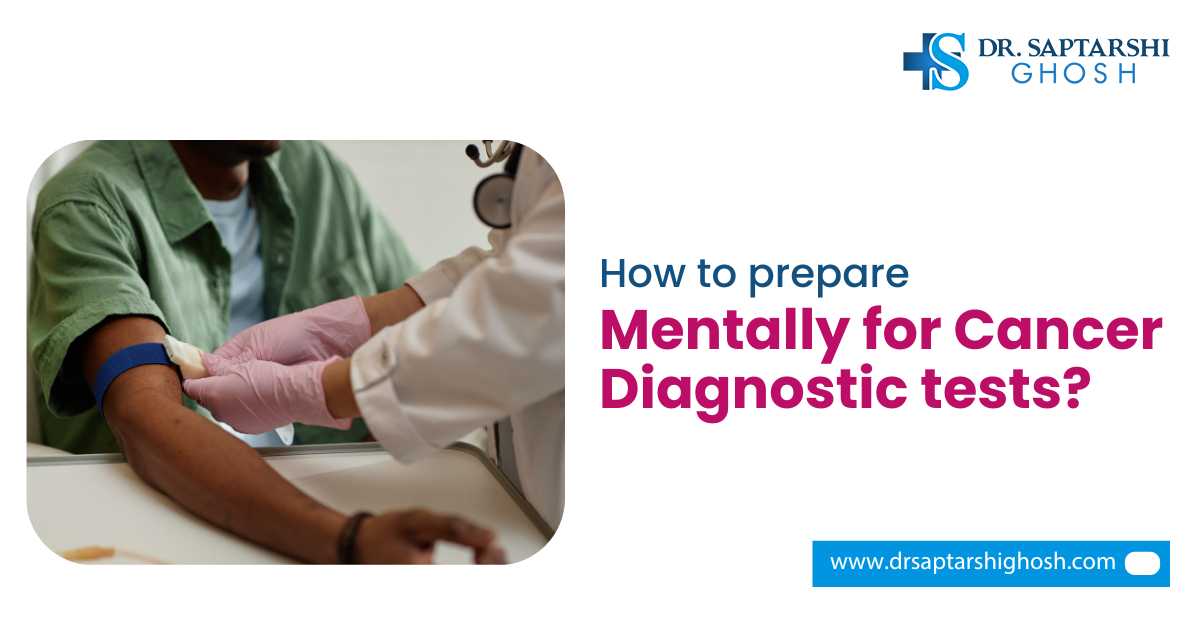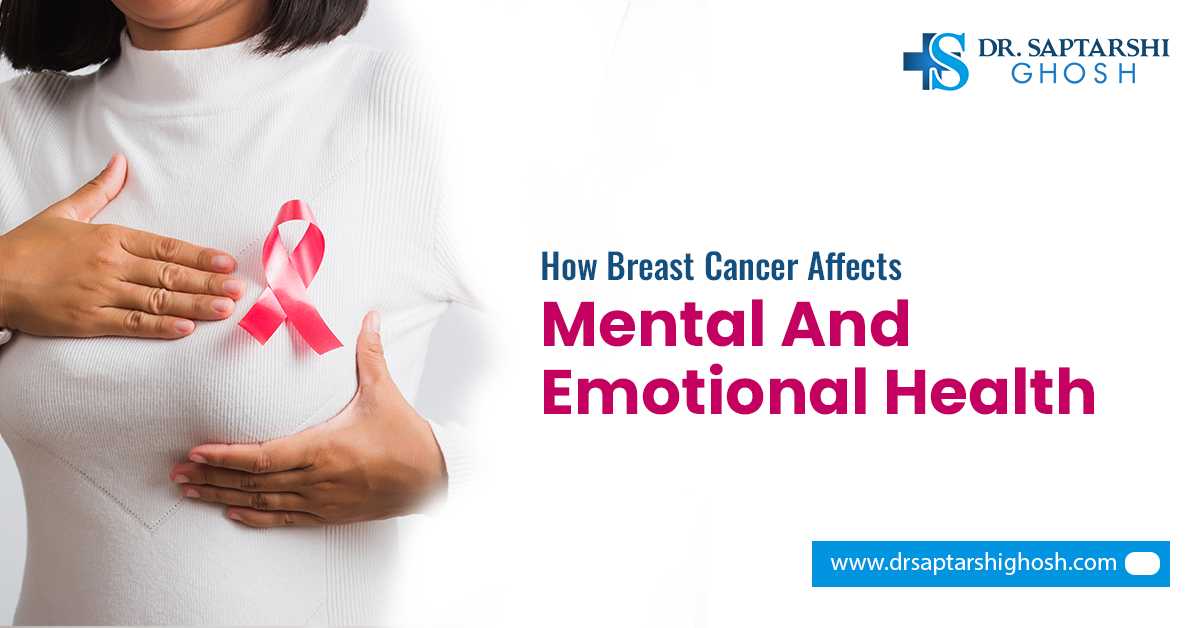If chemotherapy is required to treat your cancer, you could experience mixed emotions. You are determined to defeat cancer at any cost. However, you may be anxious about the side effects of chemotherapy.
Anxiety is a normal reaction to any cancer therapy. However, you may also relax, as chemotherapy has a long history of success. Additionally, many chemotherapy medications used now have fewer adverse effects and are more effective.
Chemotherapy
More than a hundred medications are used in chemotherapy, or "chemo," to destroy cancer cells. The ways in which different medications function vary significantly. However, chemotherapy medications often prevent cancer cells from proliferating or developing. To get help you can talk to your oncologist for cancer treatment in Siliguri.
The majority of patients get chemotherapy intravenously. This implies that a catheter – a small plastic tube – will be used to insert medication into your vein. However, chemotherapy may also be administered as a liquid that you drink an injection, a skin cream, or a tablet.
In addition to other cancer therapies, chemotherapy may be administered on its own. Tumors may be reduced with it before radiotherapy or surgery. It may also be used to eradicate any remaining cancer cells after radiation therapy or surgery.
Creating A Chemotherapy Plan
Numerous medications are available for cancer treatment. A medical oncologist is a physician who specializes in using medicine to treat cancer. A physician of this kind will prescribe your chemist.
A mix of medications may be given to you since this may sometimes be more effective than taking one medication alone. The tumours’ size, location, and whether or not it has spread are factors that define the cancer stage. Tumour location, size, and whether or not it has spread.
- Your overall health and age
- Your physique mass
- Potential adverse effects of every medication. Your treatment strategy may also need to be modified if a medication is causing you to have too many adverse effects.
- Calculating dosages for chemotherapy
The majority of chemotherapy medications are potent medications with a very limited dosage range that is both safe and effective. A medication used in excess may have potentially fatal adverse effects and will not effectively treat cancer if taken insufficiently. Thus, oncologists must carefully determine chemotherapy dosages.
In cancer treatment in Siliguri, chemotherapy may be determined in a variety of methods, depending on the medicine to be administered. The majority of chemo drugs medications are expressed in milligrams (mg).
Body surface area (BSA) is used to calculate some chemotherapy dosages, and this is done by taking weight and height into account. The measurement of BSA is in meters squared (m2).
Even after accounting for BSA, doses for children and adults vary because children's bodies digest medications differently. Additionally, children's susceptibility to the medications may vary.
Less recuperation time is required between rounds of treatment for some malignancies. We refer to this as a dose-dense regimen. Chemotherapy against some malignancies may become more effective as a result.
Make sure you routinely discuss any adverse effects you are experiencing or may anticipate from chemotherapy with your physician, nurse, or other team member.






